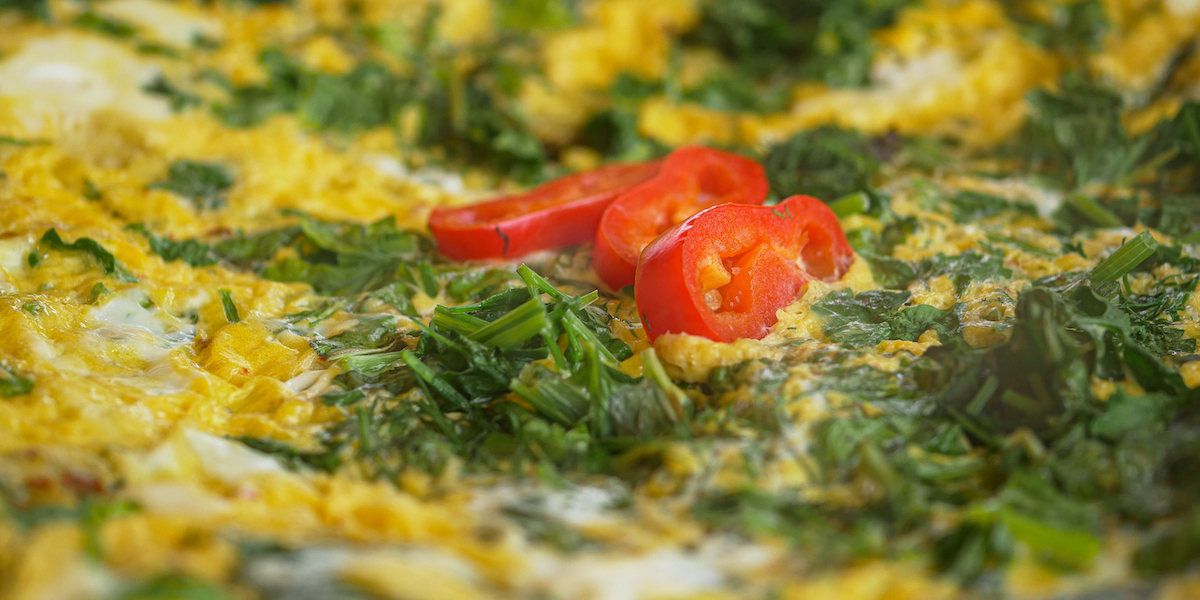
The pursuit of eggscellence
FEATURE – Our editor learns about the lean work taking place in two successful omelette-based restaurants in the Netherlands.
Words: Roberto Priolo
Pass by Nieuwebrugsteeg, steps away from Amsterdam’s Central Station, and chances are you’ll see a long line down the sidewalk. Believe it or not, all these people are here to have an omelette. We are used to restaurant chains that focus on pancakes, poke, sushi, pizza, but seeing one that puts omelettes at the heart of its offering is not common – not even in France, where this dish originated from.
Enter Omelegg. This omelette-only restaurant, founded and run by brothers Nima and Faraz Ghorbani, stands out in the Amsterdam restaurant landscape for the quality of its food and its top-notch service. That’s what brings the lines of customers. According to the brothers, Omelegg has become part of travel itineraries around the city and, at least once a week, a taxi pulls over and a tourist comes out to eat during their layover. “All of this for an omelette?” you might wonder. As far as dishes go, an omelette might not sound like the most exotic, but it’s clear that the gamble Nima and Faraz took when they opened their first restaurant in 2013 has paid off.
“We had always wanted to create something we could call our own, and we both love food. One of our grieavances with the Amsterdam hospitality scene is that it often lacks warmth and doesn’t make you feel welcome. We decided we wanted to do something about it,” Faraz says.
It was during a road trip from Amsterdam to Krakow, Poland that their concept was born. The epiphany came when the brothers realized that the omelette is a traditional dish that is rarely celebrated, at least in Europe, despite its simplicity and versatility. After six months of research and experimentation, the first Omelegg restaurant opened – followed by a second location two years later.

LEAN BY NECESSITY
People in the Netherlands don’t go out for breakfast a lot, but despite that the brothers’ new concept took off. With fast growth and limited resources, Faraz and Nima had to ensure their restaurant was as efficient as it could be. Nima’s experience in the hospitality industry really came in handy, as did Faraz’s encounter with René Aernoudts of Lean Management Instituut a couple of years prior. Even though Lean Thinking wasn’t in their minds when Omelegg was born, it quickly became a necessity.
Nima says: “After a couple of iterations to our concept, we were okay and, to be frank, most restaurant owners are happy with ‘okay’. But not us. We wanted more, and so we kept pushing. After five complete kitchen layout overhauls in six years, I think we are now at a point where we can call ourselves ‘efficient’.”
Kitchens are the heart of a restaurant, so it’s only natural that they typically represent their biggest challenge from a process standpoint. One of the main problems was that Omelegg worked for a long time with equipment from different brands that didn’t align, causing cleaning and operational inefficiencies. Over the years, they implemented several changes and constant adjustments, which not only improved the kitchen's workflow but also made it easier for the staff to maintain cleanliness, a crucial aspect of any restaurant. “Our kitchen is very seamless today and there is very little chance for dirt to get into all the nooks and crannies,” Faraz explains.
Their menu changed, too. Initially, Omelegg offered a wide variety of dishes to please everyone. However, over time, they realized that streamlining the menu would allow for faster preparation times and a consistent cooking process. Today, 95% of their dishes are omelettes.
EXPERIMENTATION AT EVERY STEP
Experiments have always been at the core of Omelegg operations. Between a renovation and a layout change, the two brothers tested new ideas all the time, from the positioning of tables to customer flow, with the goal of improving the overall dining experience. As the kitchen became more and more efficient (and customer lines grew), for example, they noticed that during peak hours, confused customers often stood at the entrance of the restaurant and asked every couple of minutes when they’d be seated, they introduced a major change. At the same time, more often than not, customers were served food before their drinks had even arrived (it doesn’t take a long time to cook an omelette). The solution was to move the bar to the front of the shop, to improve the overall workflow and have the person in charge of drinks also greet guests at the entrance, inform them about waiting times, and direct them to the right table when it is ready. These simple changes reduced interruptions for the kitchen and service staff and improved customer satisfaction, since these days drinks always reach the table before the food does. After much deliberation, the brothers decided to replace their coffee machines with automatic ones, which saved people time and allows them to focus on other tasks and on engaging with customers. (They assure me that the quality of their coffee hasn’t dropped and tell me with beaming smiles that they even have their own registered brand – “eggspresso”.)
Not all improvements required layout changes or new machines, however. Some were incredibly simple and creative, in particular those that had to do with visual management. To minimize the number of errors and interruptions, Nima and Faraz devised a system where visual cues built into the ingredients of the dish help waiting staff recognize at once what omelettes are being cooked – something as simple as adding dry oregano or rosemary to the egg, which also enhances the flavor.
TO THE FUTURE
Lean Thinking doesn’t just influence the day-to-day operations at Omelegg; it also shapes the brothers’ leadership approach. A particularly meaningful encounter with an enlightened leader, Pieter van der Spek, through a foundation that supports young entrepreneurs contributed to changing their way of looking at management. From Pieter, they learned the importance of empowering employees and delegating responsibilities. At one point, they were about to let go of a staff member but decided to give them another chance and encourage them to take the initiative instead. This person ended up excelling beyond their expectations, demonstrating the power of giving people the autonomy to thrive in their roles.
Faraz says: “For the first few years, we had made a point of gaining first-hand experience of every aspect of our business. But now we are at a point where we need to learn to let go of control and let others shine. We want to work on our business, rather than in it.”
Even though I hear it is not that uncommon to find them in the kitchen, churning out omelettes, the Omelegg brothers are now looking to expand their business. With a solid foundation, built on lean principles and a total commitment to excellent customer service, they feel confident in scaling up without compromising the quality that has earned them a loyal customer base.
One decade after opening its first restaurant, Omelegg has grown from a small venture into a beloved Amsterdam institution that uses a whopping 600,000 eggs a year. It is clear that, without quality food and excellent customer service, this wouldn’t have been possible. And it’s equally clear that these drivers for success wouldn’t have materialized without Nima and Faraz’s willingness to experiment and painstakingly analyze both product and process until the best possible customer experience is crafted.
Learn more about the Omelegg story at the upcoming Lean Global Connection 2024. Register here for free.
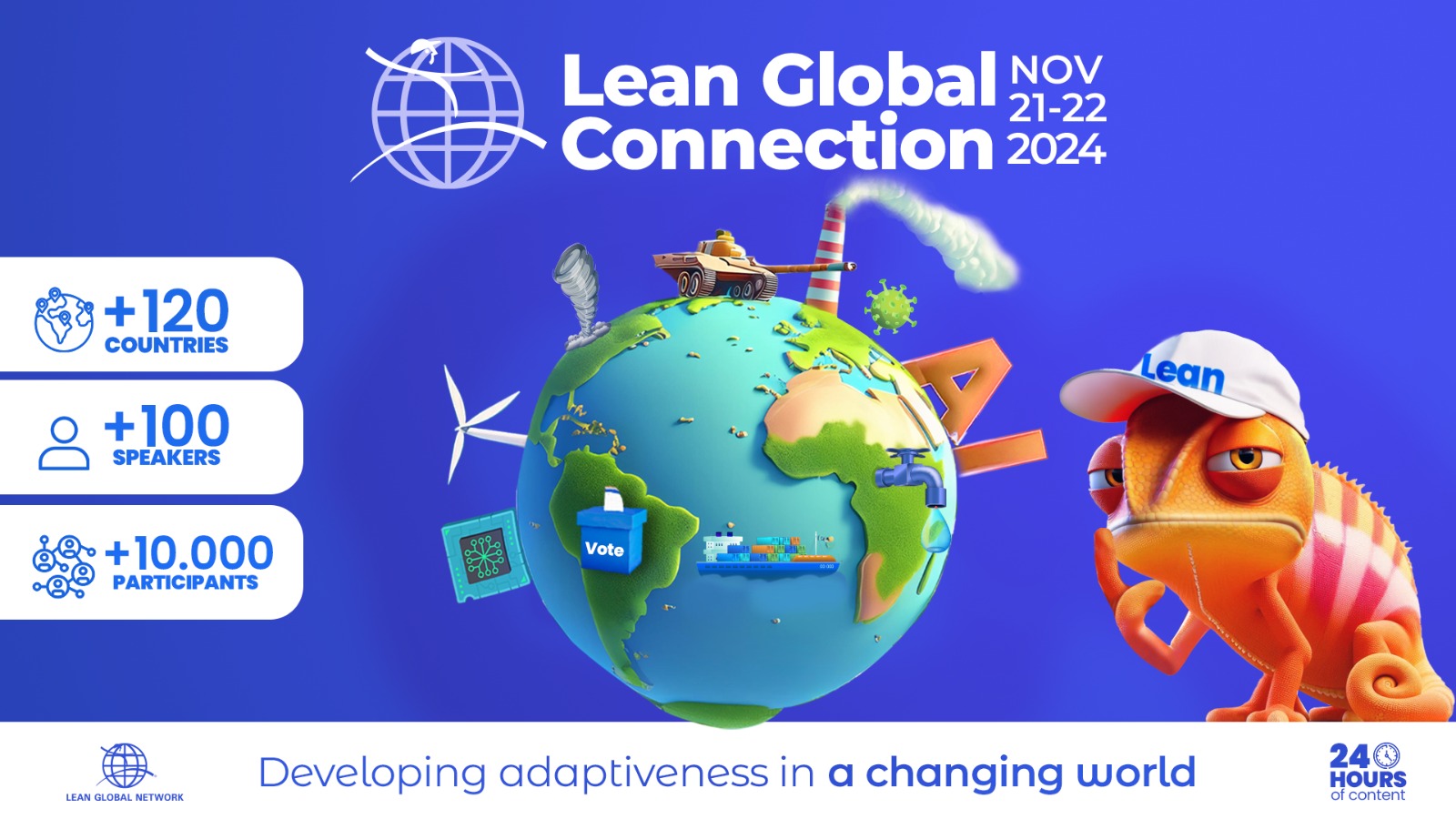
THE AUTHOR

Read more


NOTES FROM THE (VIRTUAL) GEMBA – In the last of her series of virtual gemba walks, the author learns how a hospital in the Caribbean island of Martinique relied on Lean Thinking in its fight against the Coronavirus.


INTERVIEW – The extraordinary events of the past year have encouraged lean organizations around the world to ask deeper questions about purpose and value creation, says Josh Howell.
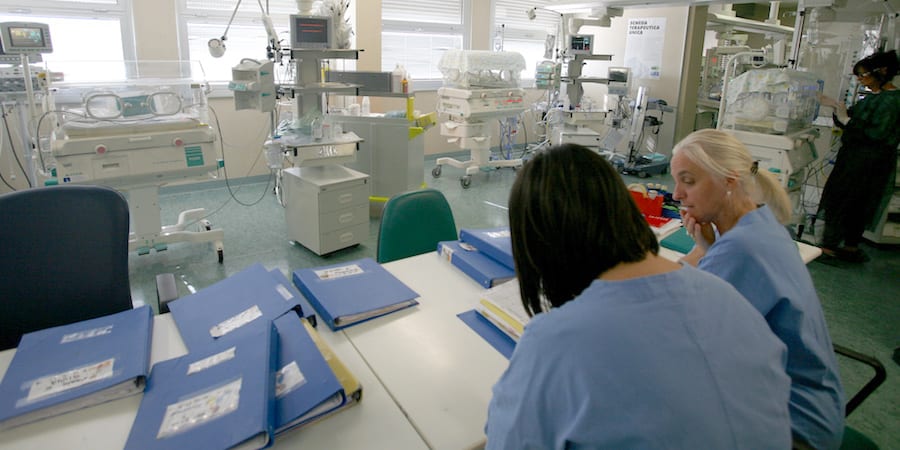

FEATURE – Another month, another story of a lean project told by the Siena hospital front-line folks. This time we take you to the Intensive Care Nursery, whose layout was transformed to provide better care to premature newborns.


FEATURE – In this personal account, the author explains how Lean Thinking inspires her painting process, debunking the myth that the methodology stifles creativity.
Read more


FEATURE – The restaurant business has always been tough, but Covid-19 is now presenting it with new challenges. The author shares a few lean practices that can help restaurants develop competitiveness.
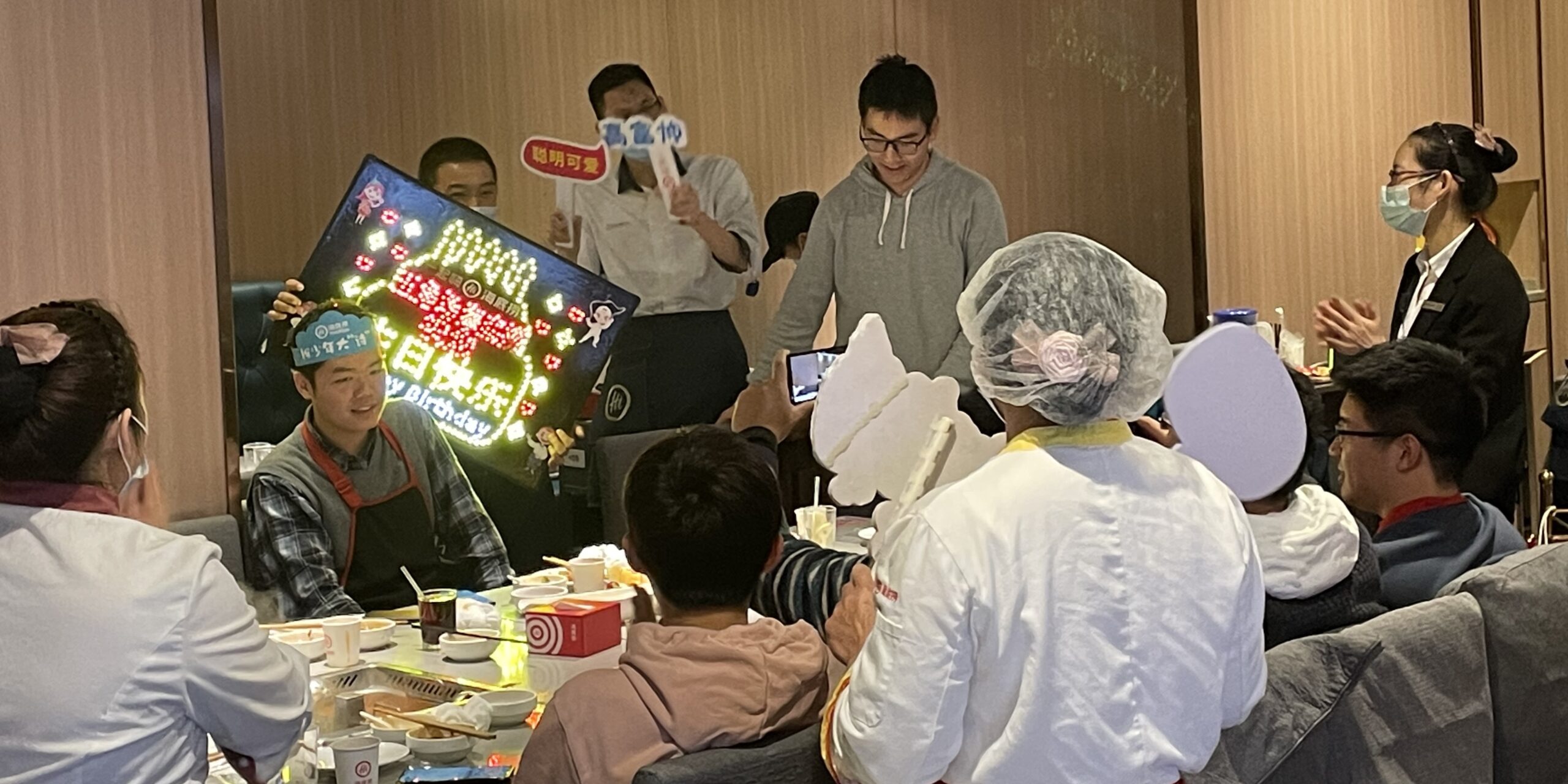

CASE STUDY – How does a small food shop in Sichuan turn into a $30 billion chain with around 900 restaurants in several countries? By always going the extra mile for customers!


FEATURE – An approach based on coaching and experiments is transforming the way restaurant chain Xibei works with its people to improve service and dishes: the story of Chef Liang and his Kongfu fish.
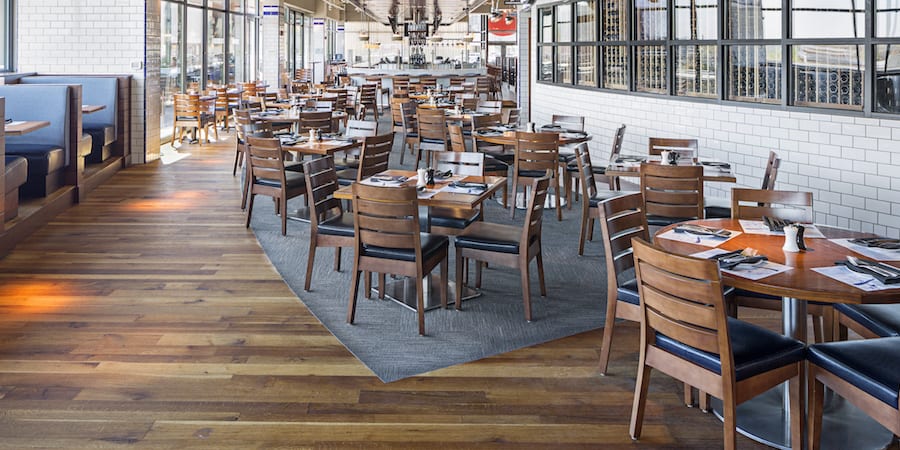

INTERVIEW – An American group of restaurants is experimenting with the application of lean thinking in its kitchens and dining areas. Planet Lean had a word with the chefs to see what’s cooking.

